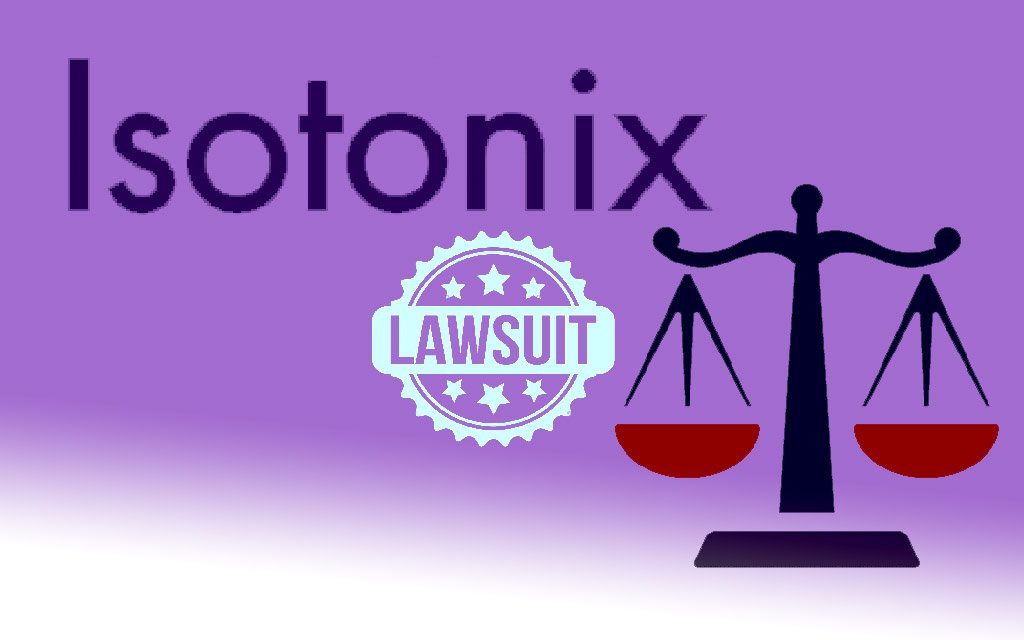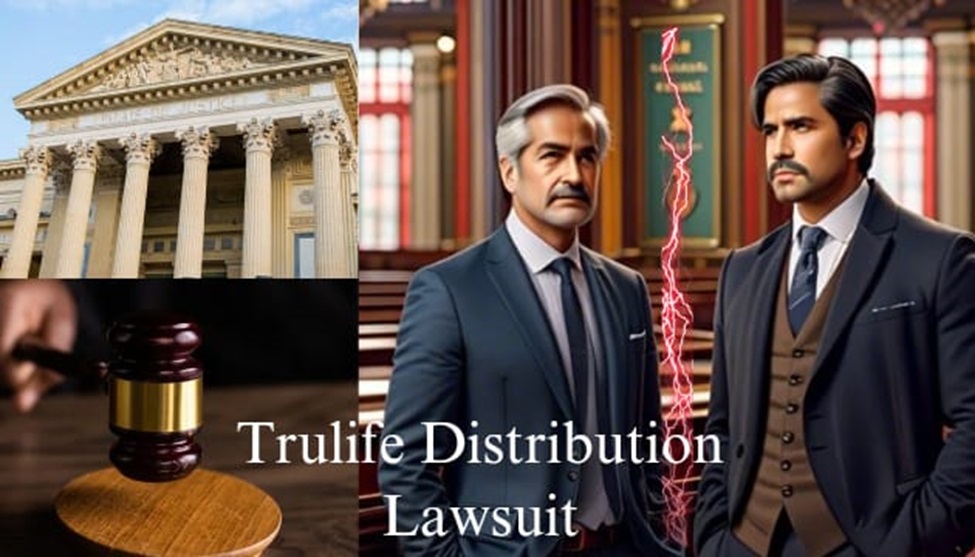Consumers trust brands that claim to offer natural products. Many prefer body washes free from harsh chemicals. Raw Sugar Living promotes its body wash as plant-based and clean. Recent legal challenges raise questions about its claims. The Raw Sugar body wash lawsuit has drawn attention. Consumers need to know the truth about ingredients and marketing claims.
Allegations Against Raw Sugar Body Wash
The lawsuit against Raw Sugar Living has generated debate regarding product transparency in the beauty business. Many consumers now doubt the honesty of brand statements. Legal experts believe the case could change the way companies market their products.
Misleading Advertising
Consumers filed lawsuits alleging false marketing. The lawsuit claims Raw Sugar misrepresents its body wash as natural. Testing reveals synthetic chemicals in the product. Plaintiffs argue they expected a purely plant-based formula. They feel deceived by the company’s advertising.
Many consumers purchase products based on branding and promises. The term “natural” implies safety and purity. If companies use misleading claims, consumers lose trust. False advertising can damage a brand’s reputation permanently.
Synthetic Ingredients in the Formula
Raw Sugar body wash contains synthetic compounds. Many consumers believe it is free from artificial ingredients. The lawsuit highlights undisclosed chemicals in the formula. One of the biggest concerns is still label transparency.
Certain synthetic compounds cause allergic responses. Others are concerned about the potential long-term health ramifications. Consumers demand thorough information about what they put on their skin. Mislabeled commodities endanger consumers’ health and undermine their trust in brands.
Read also: Homeaglow Lawsuit: Worker Rights, Wage Issues & Gig Economy Implications
Violation of Consumer Protection Laws
Legal claims suggest the company violated consumer rights. Many states have laws against false advertising. Plaintiffs argue Raw Sugar’s branding misleads buyers. Courts will determine if the company broke legal guidelines.
If found guilty, the corporation might face fines and product recalls. Legal action could create a precedent for other skincare brands. To combat fraudulent marketing, regulators could impose stronger standards. If the lawsuit is successful, consumers may be able to get compensation for their purchases.
Raw Sugar’s Response to Allegations
The company remains firm in its stance that its marketing aligns with industry standards. Raw Sugar Living emphasizes that all claims are backed by scientific formulation and rigorous safety tests. Despite the lawsuit, the brand continues to stand by its products and their effectiveness.
Defending Product Transparency
Raw Sugar Living denies misleading consumers. The company claims that full ingredient lists appear on the packaging. Brand representatives emphasise a commitment to transparency.
According to the company, all products undergo rigorous testing. They assert that their marketing aligns with industry standards. Raw Sugar believes the lawsuit lacks merit and will defend its brand integrity.
Quality and Safety Assurance
The company asserts all products meet safety standards. They argue that synthetic ingredients do not compromise quality. Raw Sugar states that formulations follow regulatory guidelines.
Companies often include preservatives to extend shelf life. Some consumers may not recognize these as synthetic. Raw Sugar maintains that its formulas are safe and effective. The lawsuit could force the company to provide more clarity in marketing.
Consumer Reactions and Market Impact
Consumers want to feel confident in the products they purchase. This lawsuit has triggered skepticism about natural skincare claims. Many shoppers now scrutinize ingredient labels more carefully.
Trust Issues with Natural Brands
Shoppers question product labels after lawsuits. Many seek clarity on what natural truly means. The case may push brands to refine marketing messages.
Trust is difficult to rebuild once lost. Some customers may switch to competing brands. Others may demand third-party certification before making a purchase. Companies must ensure transparency to maintain customer loyalty.
Increased Demand for Honest Labeling
Transparency remains a priority for modern buyers. Many consumers prefer brands with clear ingredient lists. Companies must ensure that product claims match reality.
Some organizations push for stricter labeling requirements. Increased awareness may lead to regulatory changes. Consumers now advocate for honest advertising and clear disclosures.
Legal Implications for the Beauty Industry
This case has prompted discussions about the broader impact on the beauty sector. Industry leaders are analyzing how stricter regulations could influence product formulations and advertising strategies. A shift toward greater transparency may redefine how companies communicate with consumers.
Stricter Regulations on Product Claims
This lawsuit may lead to tighter industry regulations. Government agencies may enforce stricter guidelines. Brands must ensure truthful advertising or risk legal trouble.
The beauty industry operates under loose guidelines for “natural” claims. If new regulations emerge, companies may need to reformulate products. Truth-in-labeling laws could help protect consumers from misleading advertising.
Potential Class-Action Cases
If courts side with plaintiffs, similar cases may follow. Other companies may face lawsuits over misleading marketing. Consumers may file additional claims against deceptive labeling.
A successful lawsuit against Raw Sugar could encourage similar cases. More consumers may seek legal action against deceptive brands. Companies may become more cautious about marketing claims to avoid legal repercussions.
How Consumers Can Protect Themselves
Consumers must remain vigilant when selecting skincare products. Staying informed about misleading claims is essential in making safe choices. Awareness campaigns and consumer education programs can help shoppers identify trustworthy brands.
Reading Ingredient Labels Carefully
Buyers should verify ingredients before purchasing. Natural claims do not always guarantee purity. Independent research helps consumers make informed choices.
Understanding the scientific names of ingredients is essential. Some safe, plant-derived ingredients sound synthetic. Consumers should familiarize themselves with ingredient lists. Knowledge helps differentiate between secure and misleading claims.
Checking Third-Party Certifications
Certified organic and natural labels provide added assurance. Reputable organizations verify ingredient authenticity. Consumers should look for recognized certifications on products.
Trustworthy organizations include USDA Organic, ECOCERT, and NSF. Products with these certifications meet higher standards. Shoppers should look for seals of approval to verify authenticity.
Conclusion
The Raw Sugar Body Wash lawsuit raises awareness. Customers expect skincare brands to label their products honestly. The instance emphasizes the need for transparency in marketing. Buyers must stay up to date and verify product claims. Companies ought to promote trustworthiness and accuracy in advertising.
Regulatory organizations may impose harsher advertising laws. The case may act as a wake-up call for the industry. Honest marketing builds trust between brands and customers. Shoppers should continue demanding transparency to protect their rights.


